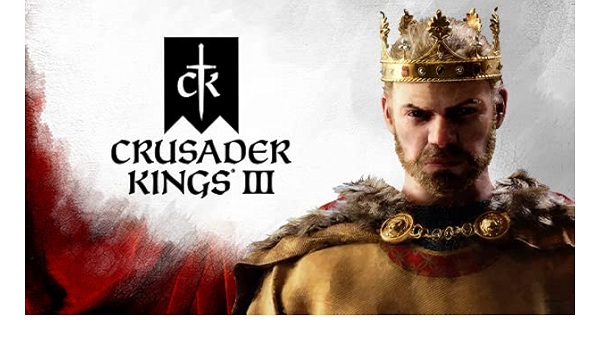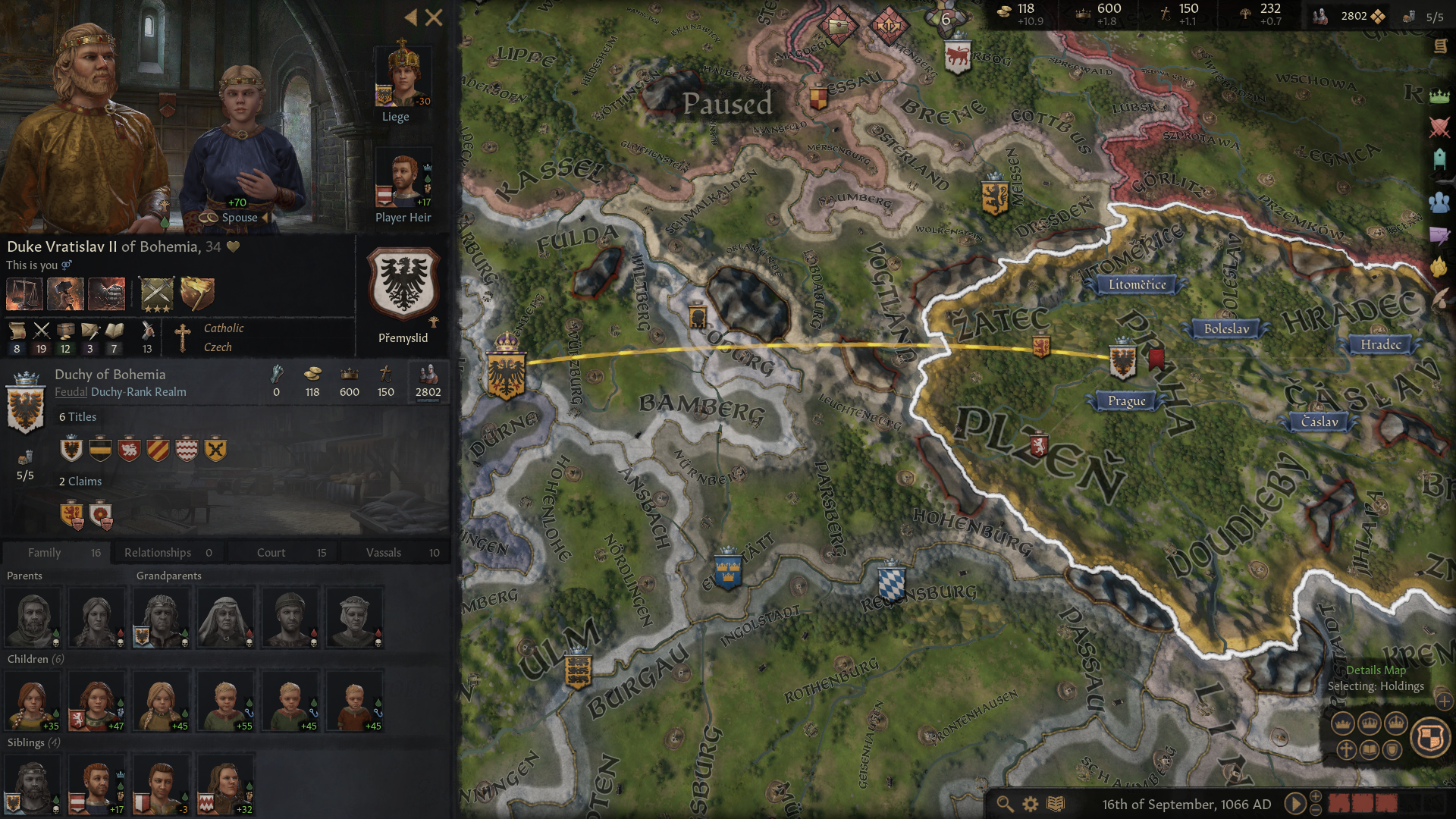
Crusader Kings III is a grand strategy game known for its intricate gameplay that combines elements of role-playing and real-time strategy. One of the most vital aspects of ensuring a successful reign in this medieval simulation is mastering diplomacy and forming effective alliances. Whether you’re a kingdom on the rise or a struggling house, understanding the nuances of diplomatic relations can profoundly influence your gameplay.
The Importance of Diplomacy in Crusader Kings III
Diplomacy in Crusader Kings III is not merely a tool; it embodies the essence of political maneuvering during the medieval era. It allows players to forge powerful alliances, establish non-aggression pacts, and sway other rulers' opinions. Strong diplomatic ties can turn the tide of war, protect against invasions, and facilitate smoother internal governance.
Building Relationships with Other Rulers
One of the first steps in effective diplomacy is to cultivate relationships with other rulers. This involves a series of interactions, including:
- Sending Gifts: Offering a gift can greatly increase your standing with another ruler.
- Proposing Marriages: Marrying your heirs to those of powerful houses can solidify alliances.
- Offering Assistance: Helping fellow rulers in their conflicts can create a bond of loyalty.
Through these methods, players can gain favor and increase the likelihood of forming strong alliances.
Understanding Alliances
Alliances form the backbone of defense and expansion strategies in Crusader Kings III. A well-crafted alliance can deter enemies and bolster your military capabilities. However, alliances are more than just military agreements; they are complex relationships that require careful management.
Choosing the Right Allies
Not all alliances are equally valuable. Players should consider several factors when choosing allies:
- Strength and Influence: Aligning with powerful kingdoms can enhance your own position.
- Shared Interests: Look for allies who share similar goals to ensure cohesive strategies.
- Geography: A nearby ally can intervene quickly in conflicts, providing immediate support.
Strategically selecting allies can make a significant impact in warfare and territorial disputes.
Maintaining Diplomatic Relations
Once alliances are formed, maintaining these relationships is crucial. Players should regularly engage in actions that reinforce bonds and prevent falling out:
- Regular Communication: Frequently check in with allies to maintain good relations.
- Supporting Allies in Conflicts: Whenever possible, send troops to assist your allies during their wars.
- Coordinating Plans: Collaborate on military strategies to ensure that both parties benefit from the alliance.
Curtailing any signs of discord is essential in retaining valuable partners across the political landscape.
Dealing with Diplomacy Failures
No diplomatic strategy is without its failures. Recognizing how to manage setbacks is an important skill in Crusader Kings III:
- Acknowledging Mistakes: Be prepared to apologize or rectify situations that were mishandled.
- Finding New Allies: If an alliance sours, don’t hesitate to seek other relationships.
- Using Espionage: Occasionally, underhanded tactics can divert attention from a failing alliance.
Players should remember that even in failure, lessons can be learned for future diplomatic endeavors.
The Role of Diplomacy in Warfare
Diplomacy is intertwined with warfare in Crusader Kings III. While alliances bolster forces, diplomatic efforts can also weaken your foes.
Sowing Discord Among Enemies
One effective tactic is to exploit internal conflicts within enemy kingdoms. Actions to consider include:
- Encouraging Revolts: Fund and promote rebellions to distract and weaken opponents.
- Spreading Rumors: Cast doubt on leadership to undermine morale within enemy ranks.
- Bribing Factions: Offer incentives to rival factions to create schism in enemy alliances.
These tactics can often drain enemy resources and open opportunities for attack.
Conclusion
Mastering diplomacy and alliance strategies in Crusader Kings III creates a pathway to a prosperous reign. Players who invest time in understanding these dynamics position themselves favorably within the intricate web of medieval politics. Whether forging friendships or crafting cunning strategies, effective diplomacy will remain an essential ingredient in your quest for power.





.webp)

